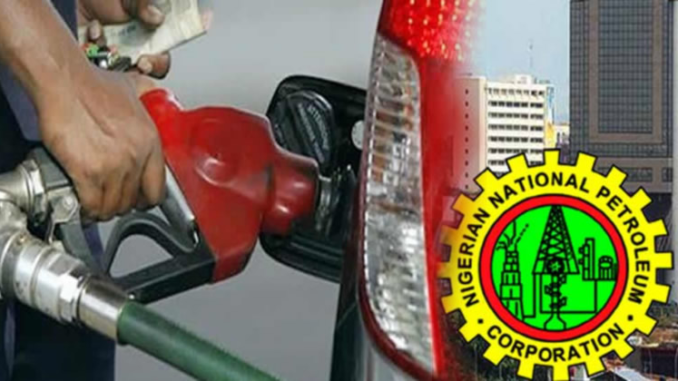
JUST as the Yuletide approached, Dangote Refinery and the Nigerian National Petroleum Company Limited, through a third party, announced that they were slashing petrol prices. Dangote indicated that the gesture was done in the spirit of the season. From N970 per litre, the major players reduced it to N899.50. There is more to this than meets the eye....CLICK HERE TO READ THE FULL ARTICLE➤
Before the reduction, oil prices had dropped remarkably, with Brent selling for $72 per barrel. As the price of crude drops, the cost of finished products from the refineries will always reduce.
In a deregulated downstream sector, refiners sell products for profit. Essentially, the N70.5 price cut by Dangote and the NNPC reflects the crude price situation rather than an act of magnanimity.
However, if oil prices climb to $80 per barrel tomorrow, the refiners will mark up prices immediately without batting an eyelid.
Undoubtedly, the government still has a role in ensuring fair pricing in a deregulated downstream sub-sector.
First, the agencies in charge of preventing price-fixing and other unfair practices among refiners should be eagle-eyed and alert to ensure that customers are not shortchanged by unfair practices by producers and even marketers.
Although President Bola Tinubu does believe in price control, the customers need protection from price gouging and the agencies set up primarily to protect customers should do their work proactively and effectively.
The Nigerian Midstream and Downstream Petroleum Regulatory Authority and other relevant agencies must ensure that petrol buyers are not shortchanged and that prices reflect market realities. Refiners should reduce ex-depot prices when crude oil prices drop.
Without proper monitoring, the landing cost of imported petrol could be far less than the cost of domestically produced petrol.
If they are effective, government agencies will ensure that consumers benefit when crude oil prices drop significantly through price cuts at the pump.
However, the government should not prohibit petrol importation to create competition. The onus is on the producers to stop fuel importation indirectly by making their products cheaper than imported products. Once importers see that they cannot make a profit from the importation of products, they will naturally stop
Second, the government needs to reduce taxes on locally refined products so that the domestic prices of petrol and other fuels could come down further.
Competition is deeper after the NNPC reopened the 125,000 bpd Warri Refinery on December 30. The competitive environment should prevent price fixing among the refiners.
Furthermore, the government needs to rehabilitate the NNPC product pipeline system, spread around the country. The system has been abandoned mainly because of incessant vandalism and product theft.
Ultimately, the pipelines should be privatised so that investors could introduce state-of-the-art technology to make the pipelines much more difficult to breach. Transporting petroleum products through pipelines rather than roads will be cheaper.
The rail system is another good option for product transportation. The two options could help reduce petrol prices nationwide.
From 34.60 per cent in November, the government is targeting a 15 per cent inflation rate in 2025. This can only be achieved when prices of inflation-fuelling commodities like petrol drop significantly.
So, it is in the interest of the government to ensure that petrol prices are reduced considerably.
Another area that needs to be addressed is the weak naira. The Federal Government, through the CBN, needs to work harder at shoring up the value of the naira.
On Monday, the currency exchanged for N1534.56 per dollar officially. It goes for higher rates in the parallel market. These rates contribute to the high domestic prices of goods and services. Consequently, inflation is high.
If the naira appreciates, it will have a positive influence on inflation and petrol pricing. This is the target Tinubu should aim at. ...CLICK HERE TO READ THE FULL ARTICLE➤
Be the first to comment